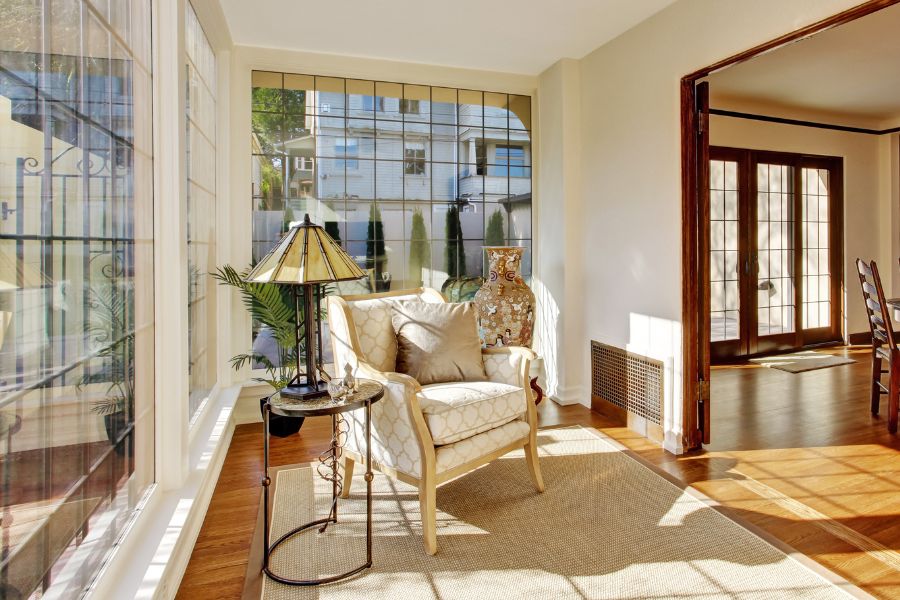A conservatory may be the first thing that pops into your head when considering adding space to your home. They can provide a lovely, light-filled space. But there are alternative ways to transform your home, which might suit you better!
We like to think outside of the box and explore all options when it comes to house design. There are so many alternatives to a conservatory, but they all offer similar benefits. These options provide a new room that seamlessly extends into the garden. You will be utilising space and gaining a sense of being outdoors. In this blog post, we explore some of the best alternatives to a conservatory. So you can find the perfect solution for your home and lifestyle.
Orangery
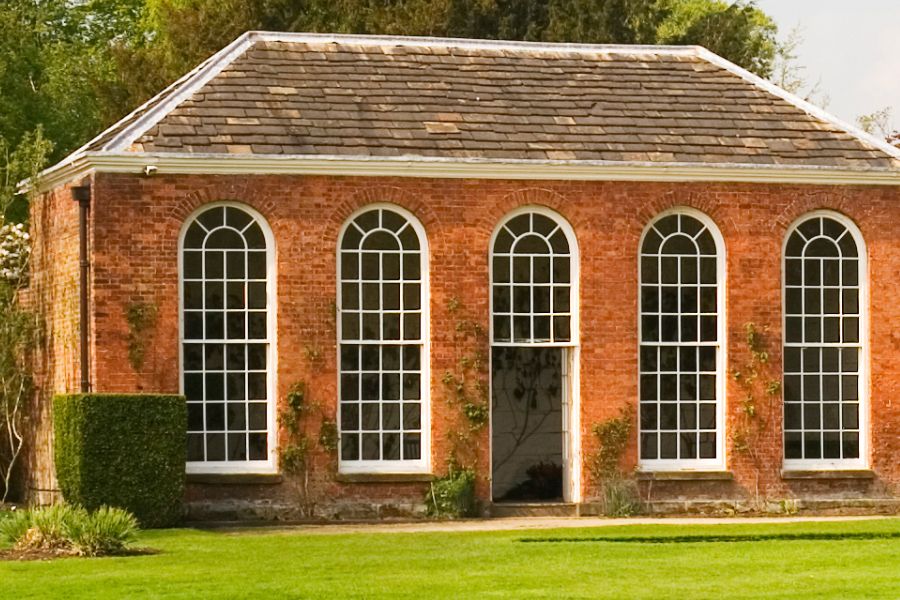
An orangery is so similar to a conservatory that most people can’t tell the difference!
An orangery typically has more brickwork and less glass than a conservatory. Meaning they are better insulated and more energy-efficient. This makes it more comfortable to use throughout the year. You won’t get too hot in the summer or too cold in the winter.
The brickwork gives orangeries a more solid, permanent feel than a conservatory, which some people prefer. They typically feature more oversized windows and solid brick pillars throughout, giving them a sophisticated appearance.
However, an orangery tends to be more expensive than a conservatory. Still, many believe it is a worthwhile investment. They can add slightly more value to your home than a conservatory.
Garden room
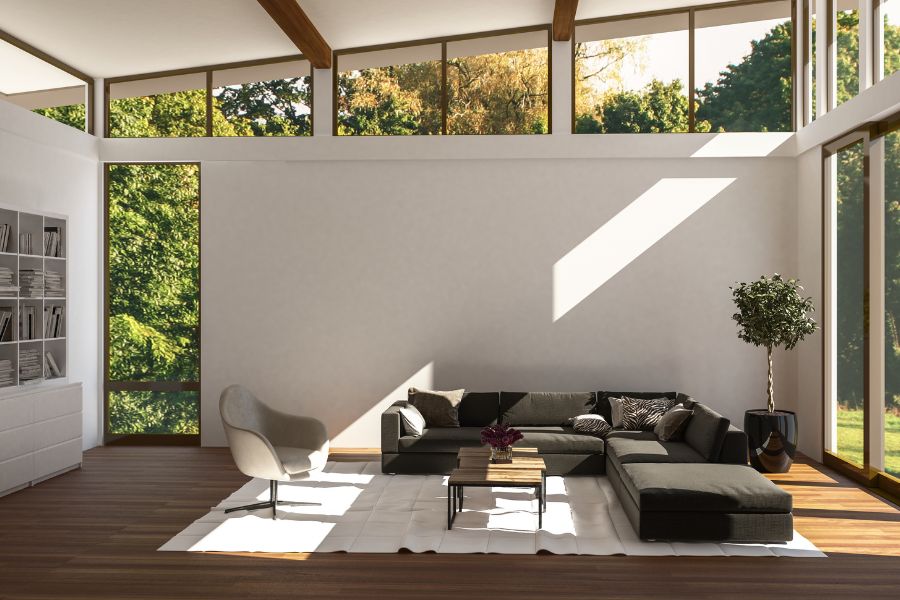
With working from home on the rise, garden rooms have gained popularity! They are a great way to create a ‘separate space’ for your home. We think they are ideal for a separate working environment from home. Many people like to feel that distinction between home and work without travelling anywhere.
A garden room is often considered better than a conservatory because it is typically made of more permanent materials. They are designed to blend in more seamlessly with the home’s existing architecture.
They often add more value to a property than a conservatory. Again, a garden room is typically better insulated than a conservatory. It can be used comfortably throughout the year, regardless of the weather. Finally, a garden room can offer more flexibility in design and layout. Whether you want a home office or a space to accommodate guests, you can make it your own.
Sunroom
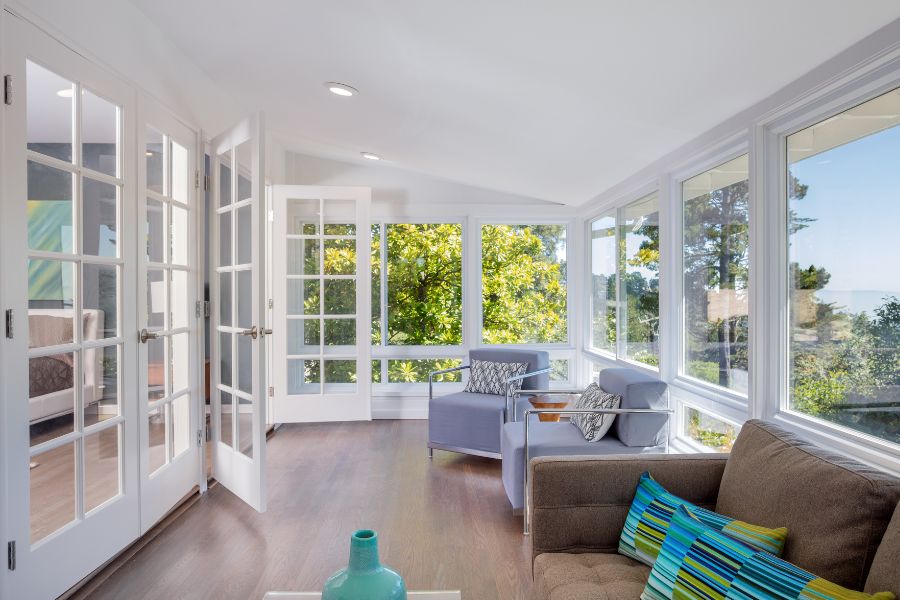
Conservatories are primarily meant for gardening purposes. They provide ample sunlight for plants to thrive while shielding them from harsh weather conditions. On the other hand, sunrooms are intended to serve as an extension of your living area. The perfect spot for a home office or a cosy family space. They are also great for hosting meals or entertaining guests.
One key difference between conservatories and sunrooms is that conservatories tend to incorporate more transparent materials, like glass and plastic. Typically, conservatories will have around 50% glass on their walls and up to 75% on their roofs. By contrast, sunrooms often have an opaque roof to help reduce the amount of direct sunlight filtering through. Additionally, sunrooms may not always feature walls made entirely of glass.
When it comes to choosing between a sunroom and a conservatory, it ultimately depends on your preferences and needs. However, a sunroom can be a better choice for those who want a more integrated room with the rest of the house.
Loggia
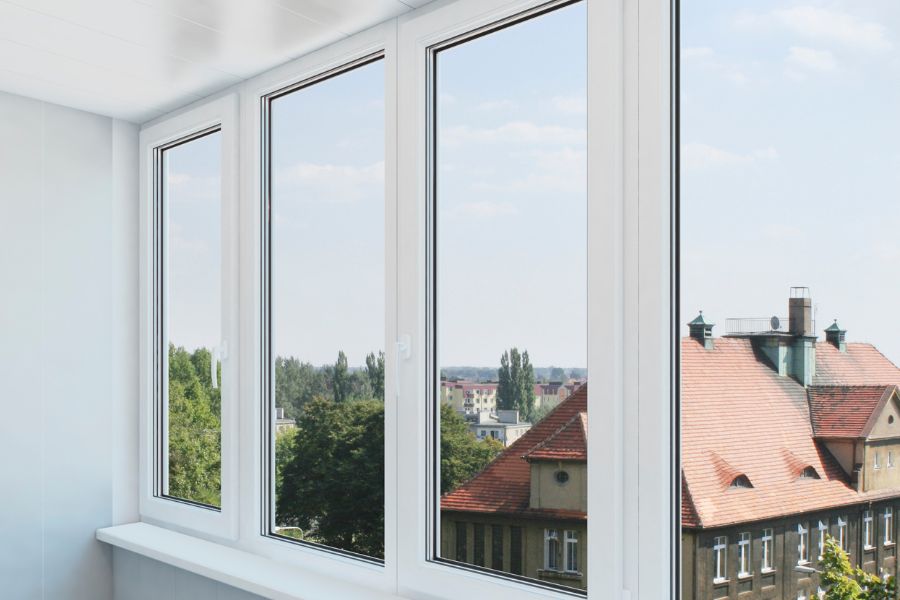
The Loggia is often described as a fusion of a traditional conservatory and orangery. Did you know it was originally designed during the Italian Renaissance by Filippo Brunelleschi, one of the period’s foremost architects? Despite its extravagant nature, a Loggia can be built surprisingly quickly, even quicker than some brick-built conservatories and orangeries.
Despite using half the heat consumed by a similarly sized conservatory, a Loggia offers fantastic thermal efficiency. You’ll never be able to feel the weather inside. Modern conservatories can insulate better than earlier models, but they still can’t compare to the thermal efficiency of a Loggia.
Another great benefit of a Loggia installation is that it usually isn’t subject to building regulations.
Extension
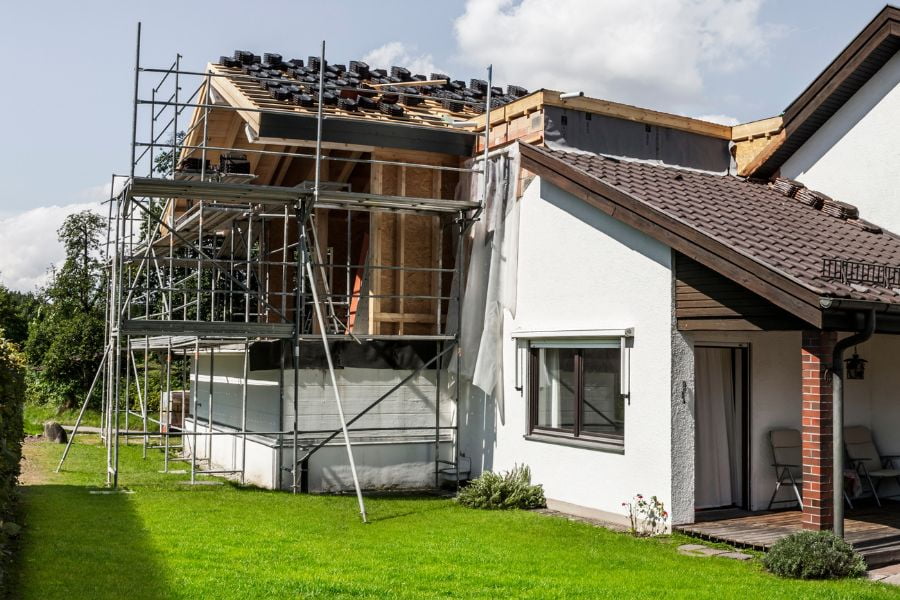
Extensions are often considered better than conservatories because they offer more flexibility in design and usage. While conservatories are typically made entirely of glass, extensions can be designed to match the style of your home. They can be used for various purposes, including a kitchen, dining area, or living room. Additionally, they are often considered a better investment in adding value to your home.
While conservatories are a popular way to add extra space and natural light to your home, several alternatives offer different benefits. Whether you choose an extension, an orangery, or a garden room, each option can suit your needs and preferences. By considering other factors such as style, usage, energy efficiency, and overall home value, you can decide on the best alternative to a conservatory for your home. We hope you have found this article helpful!

